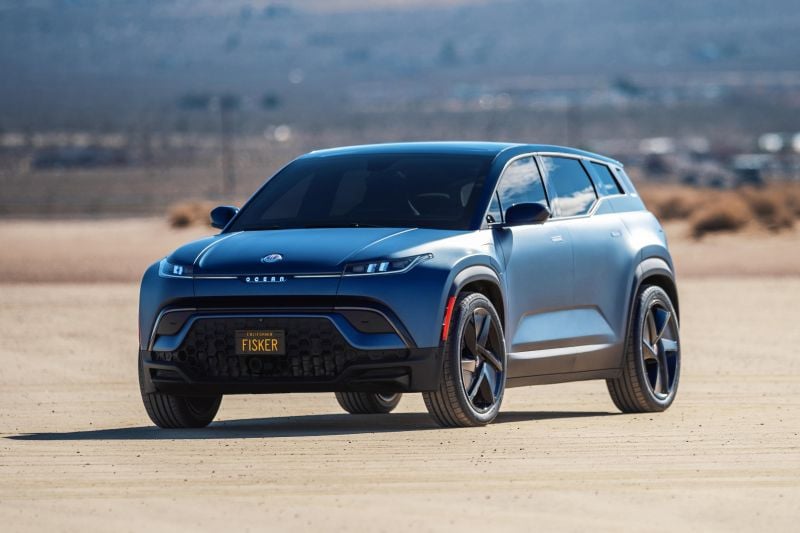Things didn’t seem good for US electric vehicle (EV) startup Fisker in its dying days, but new reports allege it had a North Korean spy on its books – with their pay checks reportedly going towards the nation’s ballistic missile projects.
That’s what Danish publication The Engineer has reported, and Fisker wasn’t the only US company targeted and effectively scammed.
According to The Engineer, which had access to US legal documents, Fisker employed an external IT employee known as Kou Thao, who had his home address listed in Arizona.
However, the resident of the home was actually a now-49-year-old woman named Christina Chapman, who the FBI alleges helped North Korean nationals – such as Mr Thao – use her residential address and IP address to pull off their scam.
100s of new car deals are available through CarExpert right now. Get the experts on your side and score a great deal. Browse now.
Ms Chapman, the FBI has alleged, ran and facilitated a ‘laptop farm’ where North Korean IT workers could use her IP address to log into the computers to work for US companies such as Fisker, despite being in Russia or China.
Fisker wasn’t the only company targeted since Ms Chapman allegedly began taking part in the scam in 2020, with Mr Thao joining the EV brand in late 2022.
Mr Thao and the other reported 18 North Korean agents would “perform work” for the companies which employed them, with Ms Chapman collecting their pay checks which would be funnelled back to North Korea.
An indictment against Ms Chapman and at least three North Korean agents alleges the IT workers are “often subordinate” to North Korea’s Munitions Industry Department which is responsible for the development of its ballistic missiles, weapons production, and research and development programs.
Mr Thao was only employed by Fisker for 11 months, and he was fired after the FBI and other US government agencies tipped the EV maker off to the scam.
It’s not known how much Fisker paid the North Korean agent before he was let go, however it’s one of at least 300 companies which have fallen victim to the scam – which is understood to be ongoing.
Unfortunately for Fisker, its run of tough luck didn’t stop when it terminated Mr Thao.
After haemorrhaging funds following the launch of its long-delayed Ocean electric SUV, Fisker wavered close to bankruptcy in the early months of 2024 before finally filing its Chapter 11 documents in June.
Fisker was established in September 2016, just three years after its namesake founder and former BMW designer Henrik Fisker’s previous car-making venture, Fisker Automotive, filed for bankruptcy.
Unlike the original Fisker car company, which launched one of the world’s first plug-in hybrids with its Karma sedan, the new Fisker brand had aimed to be an electric-only company.
While EV giants like Tesla use their own factories to build their vehicles, Fisker contracted manufacturing giant Magna International to produce its Ocean SUV in Austria, which was revealed in November 2021 with deliveries beginning in June 2023.
However, the wheels soon started to come off the venture, with Fisker unable to shift the Ocean in meaningful volume, which was followed by a scaling back of production.
Throughout its subsequent downward spiral, Fisker also massively slashed prices of the Ocean, though US buyers were hesitant to buy the electric SUV – no doubt deterred by concerns about a lack of after sales support if the company’s woes continued.
Fisker’s Austrian division “voluntarily filed to open a restructuring proceeding via self-administration” in May, a similar process to Chapter 11 bankruptcy in the US.
To add salt to the wound of Fisker Ocean owners, a recall of more than 18,000 examples was announced in the hours prior to its bankruptcy filing.
MORE: Everything Fisker






